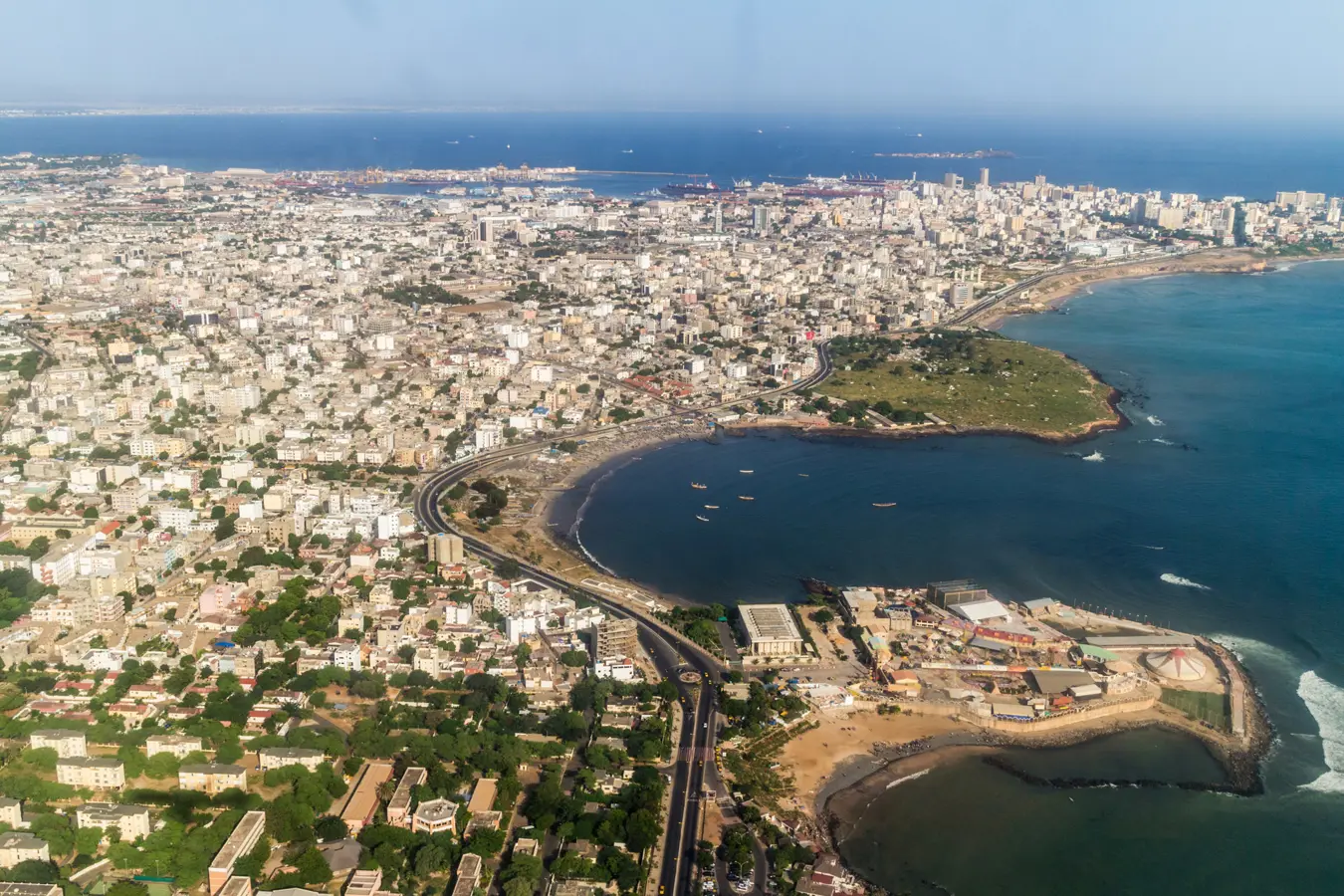
Senegal is facing mounting fiscal challenges as its public debt approaches 80% of GDP,driven by rising borrowing costs,persistent energy subsidies,and the lingering effects of post-COVID recovery spending.
The government is under increasing pressure to balance its budget while maintaining critical social and infrastructure investments.
According to a recent World Bank report,Senegal’s fiscal deficit reached 11.5% of GDP in 2024,exacerbated by underreported debt and deficit figures from previous years. A government audit revealed significant discrepancies in fiscal data between 2019 and 2023,raising concerns about transparency and fiscal governance
Despite these challenges,Senegal’s economy showed signs of resilience. Real GDP growth was estimated at 5.8% in 2024,largely driven by a 15.5% surge in crude oil production following the launch of hydrocarbon extraction. However,non-oil GDP growth slowed to 3.5%,reflecting political instability during the 2024 presidential election and disruptions in the services sector
Inflation pressures eased significantly,falling to 0.8% in 2024 from 5.9% the previous year,thanks to moderating global commodity prices and improved domestic food supply. Regional foreign reserves also improved,rising from 3.5 months of imports in 2023 to 4.7 months in 2024,supported by resumed international bond issuances and disbursements from the IMF and World Bank
Looking ahead to 2026,Senegal’s economic prospects hinge on the effective management of its new oil and gas revenues and the implementation of structural reforms. These include phasing out costly fuel subsidies,broadening the tax base,and improving public financial management. The World Bank warns that without assertive fiscal consolidation and improved governance,Senegal risks further debt distress and macroeconomic instability
United News - unews.co.za